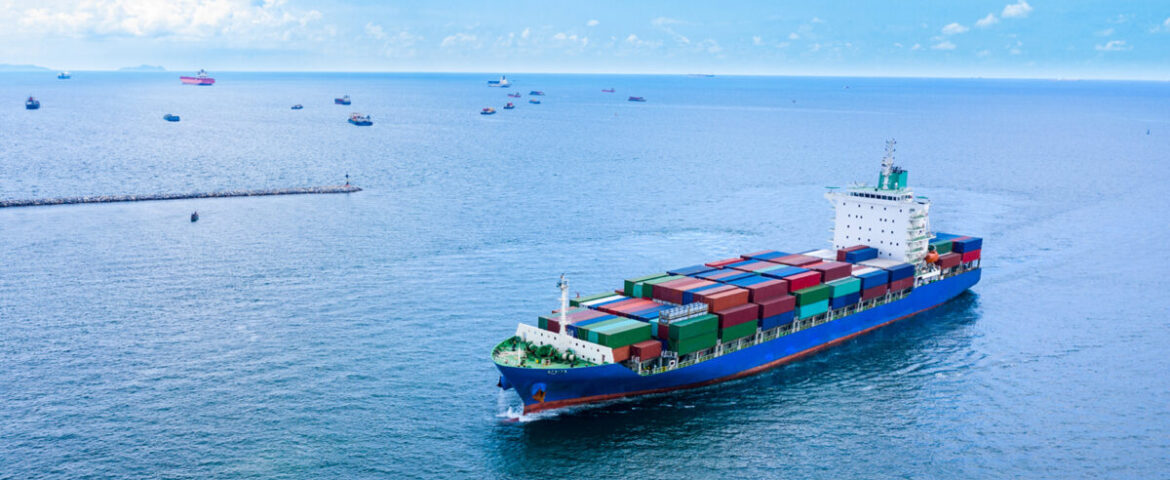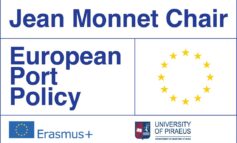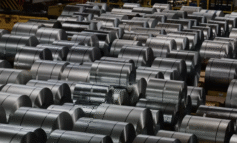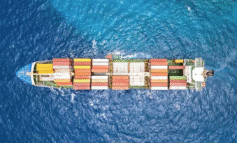Emission Control Areas (ECAs) are geographical locations designated by the International Maritime Organisation (IMO) to reduce the negative impacts of shipping on health and biodiversity. The first ECA was adopted in 2005 in the Baltic Sea and three more have followed. Since 2004, the 21 countries located around the Mediterranean Sea have discussed the introduction of an ECA, and the final adoption by the IMO occurred in 2022, 18 years later.
In their latest study, PortEconomics members Pierre Cariou and Jason Monios, along with Alice Thébault Guët (KEDGE Business School, France), apply Kingdon’s Multiple Streams policy framework to a case study of this successful project in order to identify the key success factors that may be generalised to the difficult process of international environmental policymaking in the maritime sector.
The findings revealed that policy entrepreneurs were able to align the three streams by financing studies and workshops (problem stream), adopting an existing successful policy (policy stream) and leveraging an existing close political relationship in the EU (politics stream) as well as overcoming issues raised by other parties through further analysis and studies showing the benefit of the ECA policy for all Mediterranean countries (linking the problem and policy streams). The study also highlighted the importance of first achieving regional agreement before approaching the IMO global level, a lesson that may also be pertinent to other areas of maritime policy-making.
The study has been published in the 166th volume of Marine Policy and can be accessed via the following link: Thébault Guët, A., Monios, J., Cariou, P. (2024). Successful adoption of maritime environmental policy: The Mediterranean emission control area. Marine Policy. 166, 106228.












